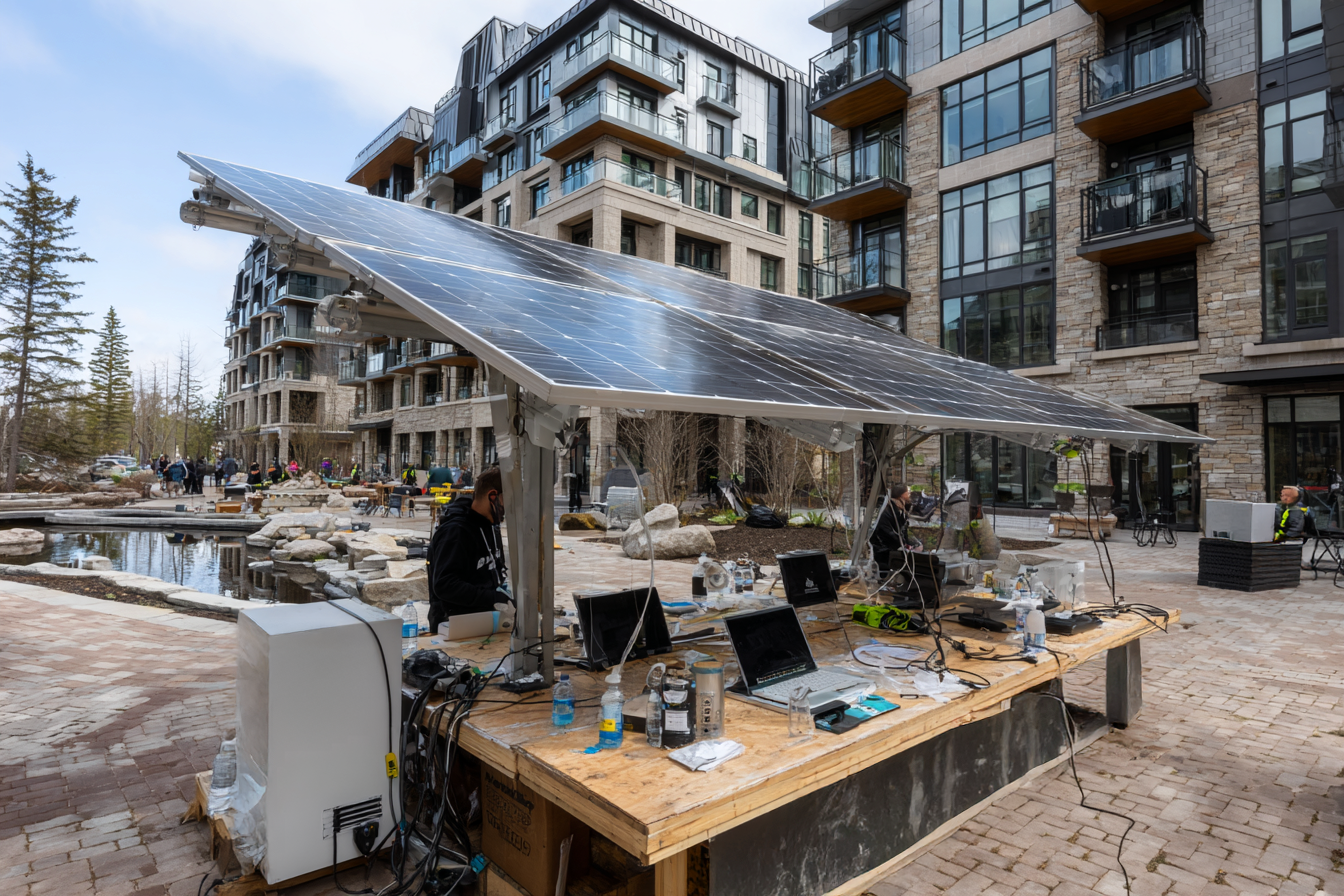
5 Ways to Build Trust with Canadian Communities Through NGO Partnerships
Introduction: Why Community Trust Is the New Currency in Clean Energy
If you’re a Canadian solar installer, EV-charger company, or heat pump contractor, you already know the market is heating up. Demand is high. Incentives are flowing. In the realm of community solar partnerships in Canada, trust remains a dealbreaker for many homeowners and communities.
In a landscape full of competing voices and confusing options, customers aren’t just buying solar — they’re buying confidence in who installs it. That’s where community and NGO partnerships become your unfair advantage, especially as part of forming community solar partnerships in Canada.
Rather than relying solely on traditional ads or tech specs, purpose-driven brands are showing up in schools, neighborhood events, and community fundraisers. And they’re doing it by teaming up with organizations people already trust.
Let’s explore five real ways you can partner with local organizations to build trust — and scale your net-zero business with purpose.
1. Co-Host Local Workshops or Town Halls
Why it works:
Community education builds credibility. When a local environmental nonprofit or community group invites residents to a solar Q&A or “How to Afford Solar” workshop, you’re not just another contractor — you’re the expert backed by a trusted partner in the community solar network.
How to do it:
- Partner with a green nonprofit or community center.
- Offer to deliver a free info session or energy savings clinic.
- Let the NGO promote it to their audience — newsletters, flyers, even door-to-door.
Bonus Tip:
Provide attendees with solar estimations on the spot using a postal-code-based solar heat map. Solenery can help set that up for you.
2. Co-Create a Community Story Series
Why it works:
Storytelling humanizes clean energy. When people see neighbors or local businesses who’ve made the switch — and what it changed for them — they see themselves in the picture, inspiring further community solar partnerships in Canada.
How to do it:
- Interview real customers who’ve gone solar (especially in lower-income or underserved neighborhoods).
- Have the NGO publish the story on their blog, newsletter, or socials — and co-brand it.
- Share it from your business account with a lead-gen call to action like “Get a free solar estimate in your neighborhood.”
Bonus Tip:
Include before-and-after visuals (utility bills, roof photos, CO₂ savings). Trust is in the data and the emotion.
3. Launch a “Green Home Challenge” Campaign
Why it works:
People love friendly competition — especially when it helps the planet. Collaborating with a school, co-op, or NGO to run a community campaign around energy efficiency creates buzz and buy-in, crucial for community solar initiatives in Canada.
How to do it:
- Partner with a local school board or youth nonprofit.
- Offer to sponsor a campaign where families audit their energy use or complete eco challenges (e.g., get a free solar quote, upgrade lightbulbs, share sustainability tips).
- Offer rewards like discounted audits, gift cards, or donations to the partner organization.
Bonus Tip:
Use branded scorecards or dashboards so participants track progress and build awareness of your company as the facilitator.
4. Give Where It Matters Most
Why it works:
Customers and funders pay attention to businesses that give back — especially when it’s meaningful.
Instead of generic donations, fund high-impact, mission-aligned projects like:
- Sponsoring solar for a food bank or women’s shelter as part of your community solar partnerships in Canada.
- Donating EV chargers to a youth center.
- Funding a clean energy internship for marginalized students.
Bonus Tip:
Co-brand the impact story with the nonprofit. Document it with video, photos, and testimonials, and repurpose it in your marketing.
5. Join (or Build) a Local Energy Equity Coalition
Why it works:
Many Canadian cities now have energy equity initiatives — working groups or alliances aimed at ensuring clean energy is accessible to all. These aren’t just good PR — they’re magnets for grants, government collaboration, and media coverage, crucial for fostering community solar partnerships in Canada.
How to do it:
- Reach out to your city council, local clean energy task force, or groups like the Canadian Urban Sustainability Practitioners (CUSP).
- Show up. Offer your expertise. Contribute to planning or education.
- Use this presence to network, earn press, and unlock future funding opportunities.
Bonus Tip:
Solenery can help you position your brand for community grants through a customized partner pitch deck.
Conclusion: Start Small, Build Deep
You don’t need to partner with a national nonprofit or launch a massive campaign to make an impact. The most effective partnerships are often local, simple, and authentic.
Start with one organization in your city that shares your values. Co-host one event. Co-write one story. Co-power one building. From there, the trust — and the growth — follows in the path of community solar partnerships in Canada.